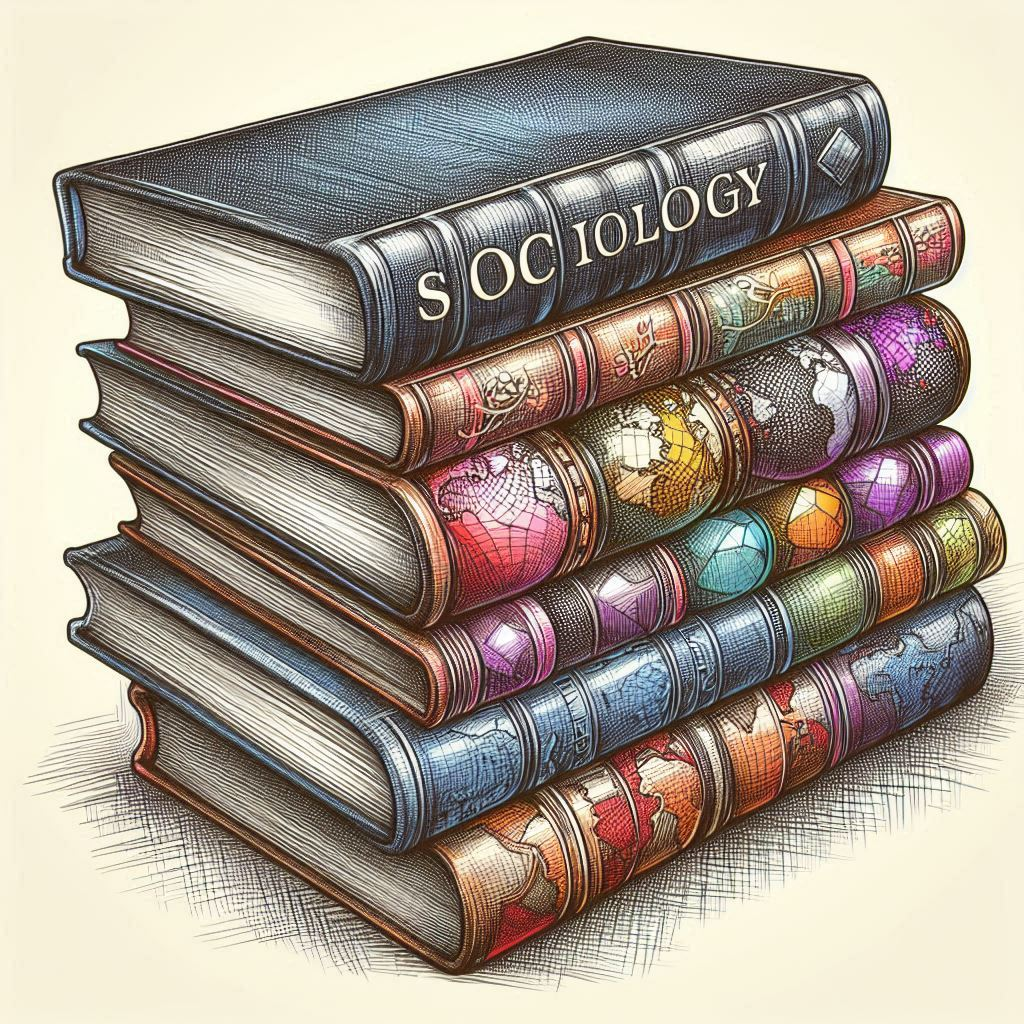Among American sociologists, C. Wright Mills (1916-1962) is the best known (for Sociological Imagination) recent theorist whose work combines a conflict perspective with a strong critique of the social order. Mills was born and raised in Texas; he never left the state until he was in his twenties, when he won a research fellowship to the University of Wisconsin. Most of his academic career was spent at Columbia, where he was a professor until he died of a heart condition while still in his mid-forties.
Mills was subjected to a barrage of criticism, especially in his later years, when his writing became increasingly accusatory and polemical. He also had many admirers and was never quite the “lone wolf” he considered himself. Mills was increasingly agonized and pessimistic about the immediate future. He believed that immorality was built into the American system, and he never voted because he considered political parties to be manipulative and “irrational” organizations. He also bitterly attacked his fellow intellectuals for abdicating their social responsibilities and for putting themselves at the service of men of power while they hid behind a mask of “value-free” analysis.
Mills thought that it was possible to create a “good society” on the basis of knowledge and that men of knowledge must take responsibility for its absence.165 He believed in a libertarian socialism, and he supported the Cuban revolution (and attacked the United States’ reaction to it) because he hoped that it would combine revolutionary socialism and freedom.166 In his sociology, his major themes were the relationship between bureaucracy and alienation and the centralization of power in a “power elite.” Both these subjects were aspects of his attack on modern American society.
The Sociological Imagination
Mills argues that micro and macro levels of analysis can be linked by the sociological imagination. As he describes it: The sociological imagination enables its possessor to understand the large historical scene in terms of its meaning for the inner life and the external career of a variety of individuals. It enables him to take into account how individuals, in the welter of their daily experience, often become falsely conscious of their social positions. . . . By such means the personal uneasiness of individuals is focused upon explicit troubles and the indifference of publics is transformed into involvement with public issues.
Mills contends that individuals can only understand their own experiences fully if they can locate themselves within their period of history. Then they become aware of the life chances shared by all individuals in the same circumstances. Thus, the sociological imagination enables us to “grasp history and biography and the relations between the two within society.” Mills makes an important distinction between personal troubles and public issues. Personal troubles are those troubles which occur “within the individual as a biographical entity and within the scope of his immediate milieu” and relations with other people. Public issues are matters that have to do with the “institutions of an historical society as a whole,” with the overlapping of various milieus which interpenetrate to “form the larger structures of social and historical life.” To explain this distinction, Mills presents the example of unemployment. If only one person in a city of 100,000 is unemployed, then it is a personal trouble. But if 5 million people are unemployed in a nation of 50 million, that is a public issue.
Dobash and Dobash used Mills’ approach in their study entitled Violence Against Wives. They analyzed the laws and ordinances which, throughout history, have legitimized the physical abuse of women, and they combined this study with an analysis of nearly a thousand police and court cases of assaults against wives and with hundreds of hours of in-depth interviews with battered women. For each individual, what was involved was a private trouble. The scale of the problem and the law’s lack of concern made it a public issue.


